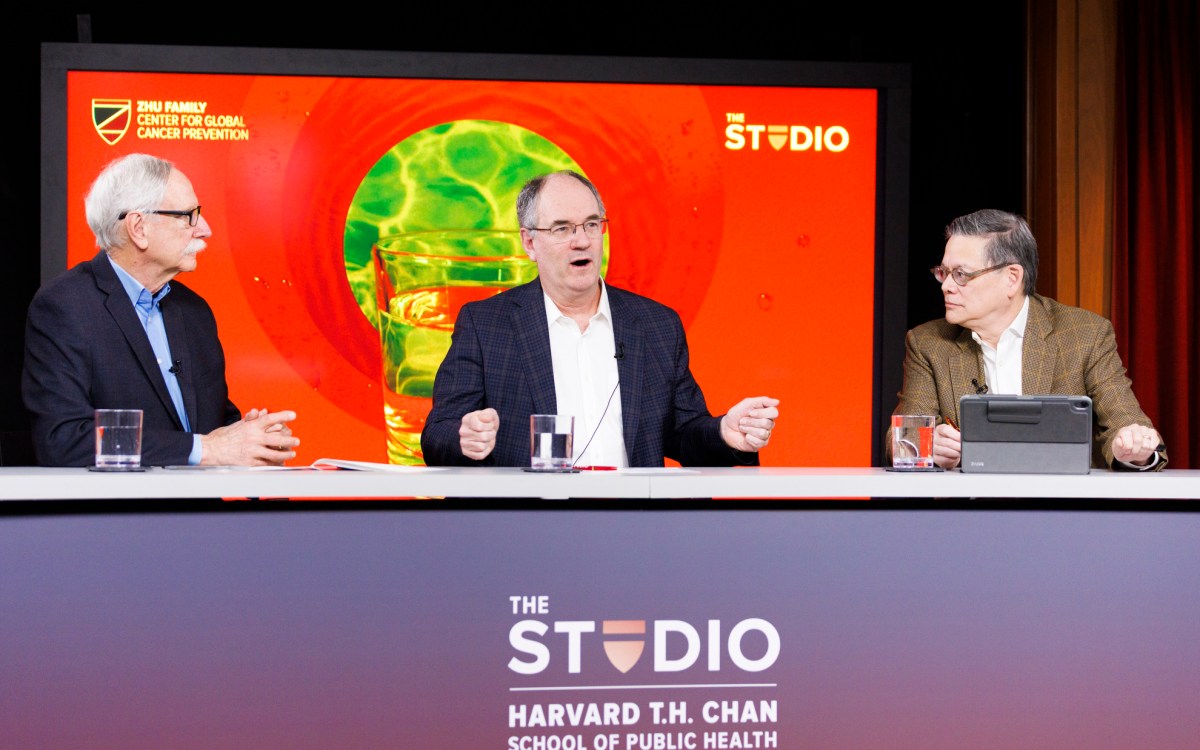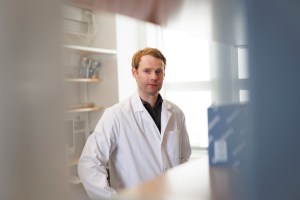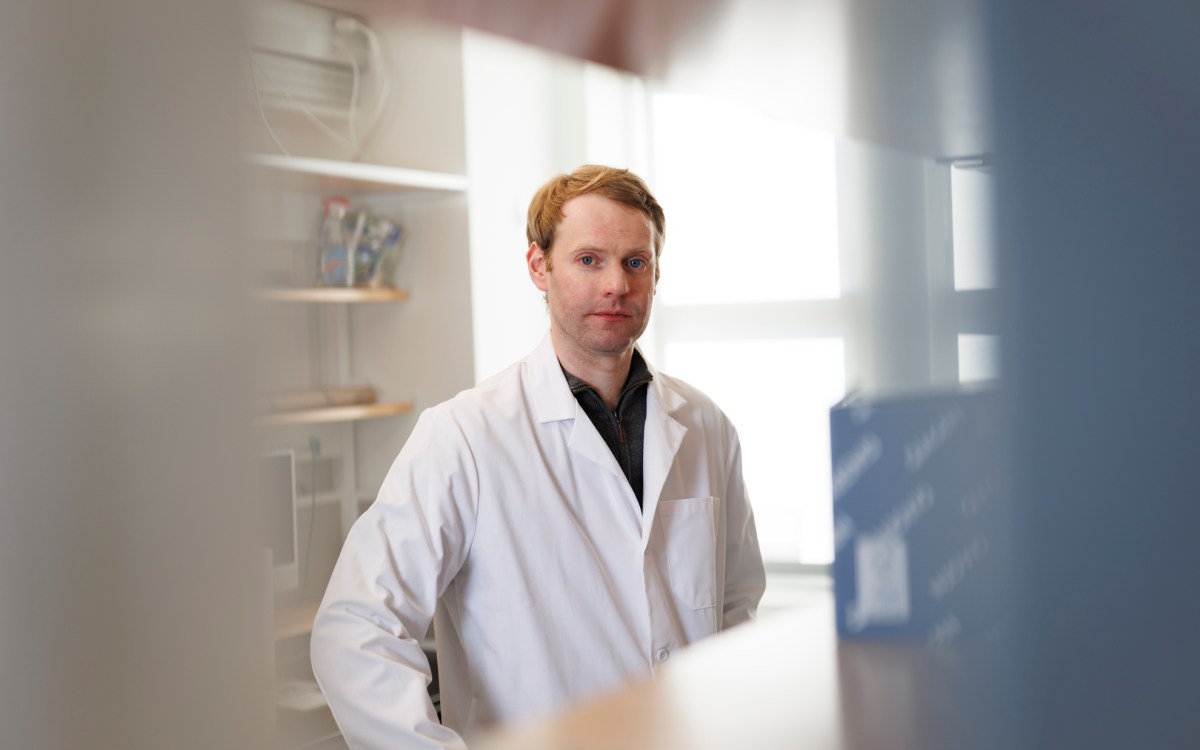Dean David T. Ellwood takes ‘Acting in Time’ message to Asia
The vast and varied countries of Asia are key cultural and economic drivers for the 21st century and, as a recent sojourn by Dean David T. Ellwood affirmed, they have deep and growing affiliations with Harvard Kennedy School (HKS).
Building on the School’s well-established ties in China, Singapore and Vietnam, Ellwood’s 12-day trip in September marked the formal establishment of a new HKS partnership in Indonesia. The dean’s visit was highlighted by myriad meetings with government leaders, policymakers, alumni and educational partners from throughout the region, and several lectures and working sessions hinged on his “Acting in Time” initiative, which develops ideas for effective approaches and solutions to pending and potentially catastrophic problems facing nations, regions and the world.
“There was a great deal of energy in talking about ‘Acting in Time’,” said Ellwood. He took inspiration from those occasions in which governments did act in time, like the speedy response to the H1N1 outbreak, and shared the lessons learned – particularly the importance of strong leadership — with the audiences. “Inspired, courageous and effective leadership is something that’s absolutely critical in countries all around the world and especially now throughout Asia with the region developing so quickly,” Ellwood said.
Harvard Kennedy School’s partnerships reflect the growing global consensus that Asia is assuming a greater role in international economics, trade, politics and power structures, and that the training of public leaders in those countries will help contribute to the solving of public problems there.
“There is a palpable desire in each of these countries to take advantage of this moment because their economies are relatively strong at a time when other nations are economically weak,” said the dean. “So, the question of how they can govern themselves more effectively becomes paramount.”
While in Indonesia, Ellwood discussed the recently established HKS Indonesia Program, launched earlier this year with a gift from the Rajawali Foundation at the Ash Center for Democratic Governance and Innovation, which promotes research, education and capacity building in the country. During the visit, the Program released its first major report, “From Reformasi to Institutional Transformation: A Strategic Assessment of Indonesia’s Prospects for Growth, Equity, and Democratic Governance,” which is one of the most thorough analyses of Indonesia’s current governance and socioeconomic climate.
“The new Indonesia Program at the Kennedy School has really allowed us to begin looking in a very serious way at Indonesia, which is the fourth largest country in population, the largest Muslim country in the world, and has been growing very fast in recent years,” said Ellwood. “There’s a lot going on in Indonesia, and there are many serious policy challenges that need attention. Much more can be done to enhance the nation’s capacity to deliver public goods for its citizens, and this provides a tremendous opportunity for us to work together.”





